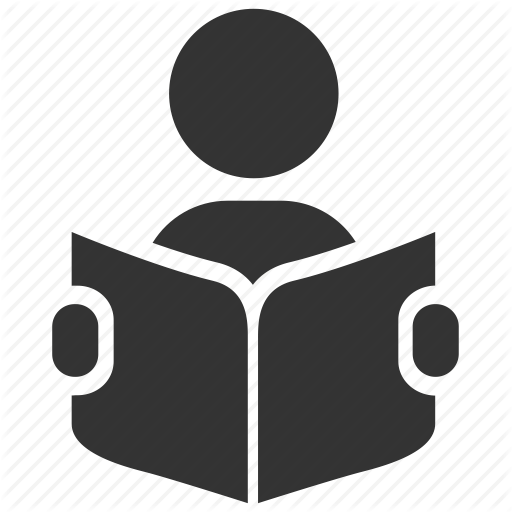Authoritarian parenting can destroy children’s revealing of creativity during pre-operational period development
Abstract
At the age of children between 2 and 7 is a period a rapid development of imagination and creativity. The world of imagination in this period will be several times stronger than the world of adults. The child’s imagination can lead to the development of his creative thinking. This will help him to find a solution to the encountering problems that may arise in the future. However, a strict parenting can stop the child’s creative thinking. This article will show how the authoritarian parenting style affects child’s creativity.
References
B. Lefa. The Piaget theory of cognitive development: an educational implications. – USA, Lowa: Wadsworth, 2009, 456p.
Flavell JH (1963). The developmental Psychology of Jean Piaget. New York: Van Nostrand.
Flavell JH (1977). Cognitive development. Engllewood cliffs, NJ: Prentice – Hall.
Hertherington, E.M and Parke, R.D (1975) child Psychology: A contemporary viewpoint. New York : MCGraw Hill.
J. Sternberg. Cognitive psychology, sixth edition. – USA, Belmont: Wadsworth, 2012, 643p
Meyer WJ, Dusek JB (1979). Child Psychology Developmental perspective Syracuse University: DC Health and company.
Maccoby EE. (2007) Historical overview of socialization research and theory. In: Grusec J and Hastings P (eds), Handbook of Socialization. NewYork: Guilford Press, pp. 13–41.
Lipowski M., Buliński L., Krawczyński M. Physical activities among other types of health-related behaviour in people losing weight. Med. Sci. Monit. 2009;15:CR423–CR428. [PubMed] [Google Scholar]
Lipowski M., Zaleski Z. Inventory of Physical Activity Objectives—A new method of measuring motives for physical activity and sport. Health Psychol.Rep. 2015;3:47–58.doi: 10.5114/hpr.2015.49462. [CrossRef][Google Scholar]
R. Shaffer and K. Kipp. Development psychology Childhood and Adolescence, eight edition. – USA, Belmont: Wadsworth, 2010, P. 57-59.

In submitting the manuscript to the International Journal on Integrated Education (IJIE), the authors certify that:
- They are authorized by their co-authors to enter into these arrangements.
- The work described has not been formally published before, except in the form of an abstract or as part of a published lecture, review, thesis, or overlay journal.
- That it is not under consideration for publication elsewhere,
- The publication has been approved by the author(s) and by responsible authorities – tacitly or explicitly – of the institutes where the work has been carried out.
- They secure the right to reproduce any material that has already been published or copyrighted elsewhere.
- They agree to the following license and copyright agreement.
License and Copyright Agreement
Authors who publish with International Journal on Integrated Education (IJIE) agree to the following terms:
Authors retain copyright and grant the International Journal on Integrated Education (IJIE) right of first publication with the work simultaneously licensed under Creative Commons Attribution License (CC BY 4.0) that allows others to share the work with an acknowledgment of the work's authorship and initial publication in this journal.





1.png)
